Do any existing drugs have longevity promoting effects? Here are 3 currently under investigation.


Do any existing drugs have longevity promoting effects? Here are 3 currently under investigation.
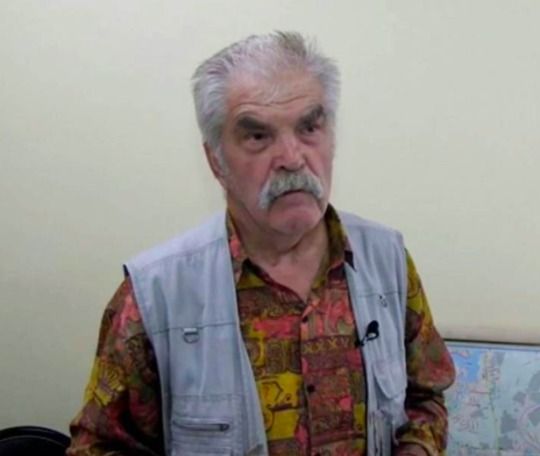
Call me skeptical. That said, who knows? It’s worth keeping an eye out for updates, at least.
Most of us might pray that the key to living forever will be found in our lifetime and, well, it has — according to one Russian scientist.
Anatoli Brouchkov reckons he has found the key to eternal life — but selfishly he isn’t going to let the rest of us try it out for ourselves.
The 58-year-old has injected himself with bacteria — and not any old bacteria either, this stuff is 3.5 BILLION years old.
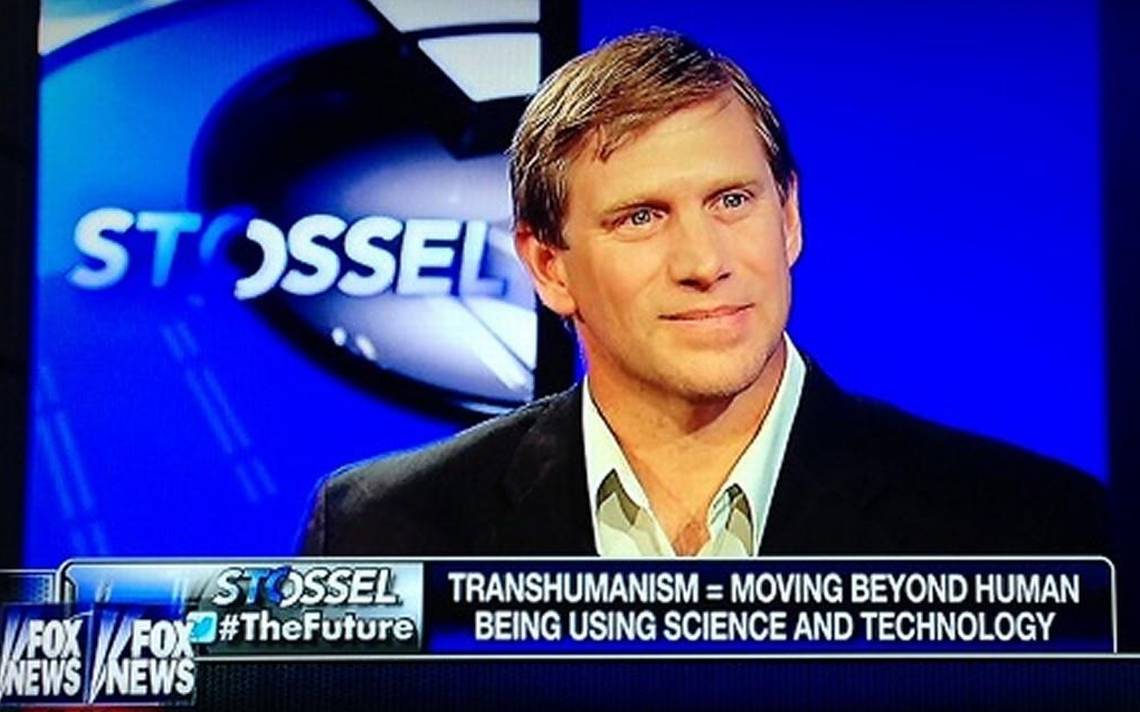
Pulitzer-prize winning science writer Jonathan Weiner writing about transhumanism and longevity issues:
Science writer Jonathan Weiner writes: Even if you’ve been following the presidential campaign pretty closely, you may not have heard about Zoltan Istvan, the hopeful from the newly formed Transhumanist Party. Istvan’s platform is simple: We should all live forever. He’s driving across the country in a bus painted to look like a coffin, with big white letters on its side: “Immortality Bus.”
Visionary Liz Parrish shares some of the remarkable ways that genetic therapies are helping humanity transcend disease, aging and physical limitations. We discuss some of the current applications of gene therapy, what we can reasonably expect given the rate of progress and some of the moral implications of this science. If you’re anything like us, you’ll be astounded to hear about this work; it can already make you stronger and faster, and it may help future generations live upwards of 400 years!
Click to download the episode directly (right click, then click save as) Subscribe to the podcast on iTunes. Subscribe to the podcast on Stitcher.
“Known as “the woman who wants to genetically engineer you,” Elizabeth Parrish is the CEO of BioViva USA Inc ™ she is a humanitarian, entrepreneur and innovator and a leading voice for genetic cures. As a strong proponent of progress and education for the advancement of gene therapy, she serves as a motivational speaker to the public at large for the life sciences. She is actively involved in international educational media outreach and sits on the board of the International Longevity Alliance (ILA). She is an affiliated member of the Complex Biological Systems Alliance (CBSA) whose mission is to further scientific understanding of biological complexity and the nature and origins of human disease. She is the founder of BioTrove Investments LLC and the BioTrove Podcasts which is committed to offering a meaningful way for people to learn about and fund research in regenerative medicine. She is also the Secretary of the American Longevity Alliance (ALA) a 501©(3) nonprofit trade association that brings together individuals, companies, and organizations who work in advancing the emerging field of cellular & regenerative medicine with the aim to get governments to consider aging a disease.” –Blurb taken from Liz’ LinkedIn Profile.
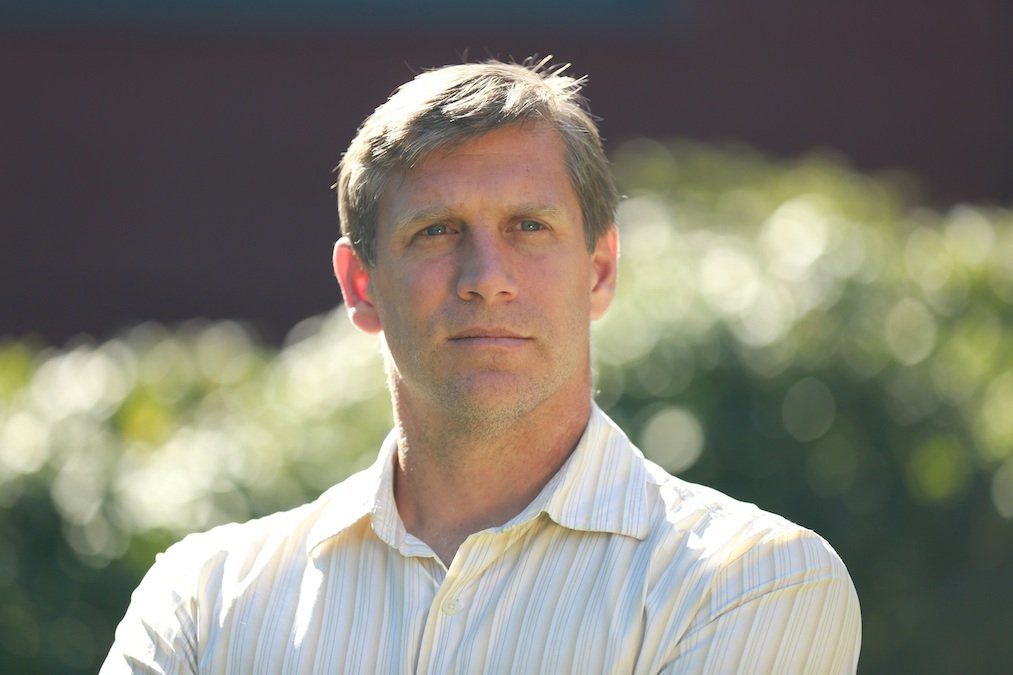
A new story on GOOD magazine about transhumanism & my campaign:
The transhumanist presidential candidate on staying optimistic about technology in a cold, practical political world.
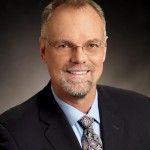
This week’s episode welcomes Bill Andrew’s, Ph. D., President and Founder of the biotechnology firm Sierra Sciences. Bill is widely considered the foremost researcher on aging and telomeres and most of his entire professional career has been devoted to finding a cure for aging. Most notably, he led a team in 1997 at Geron Corporation to successfully identify the human enzyme telomerase. An enzyme that causes Telomeres to lengthen, thus enabling cells to replicate itself without hitting their Hayflick limit (i.e. the number of times a cell is able to reproduce itself). It is believed that only human embryonic stem cells and cancer cells are immortal and do not possess a Hayflick limit.
Our conversation explores the science, possibilities, and social impacts of finding a cure for aging. He explains his company’s quest to create a safe and affordable drug that will lengthen telomeres in every cell in your body. He believes his research team is one year away from starting human trials if he receives the additional funding necessary to finish his research.
Join us in this fascinating discussion that is sure to change the way you view aging and our future.

Aubrey de Grey wants to save lives. He wants to save as many as he possibly can, as soon as he can, and to do it he is going to fix ageing.
The prominent scientist and futurologist is on a crusade to beat ageing and when he does it will mean that we stay healthy and live longer – possibly for up to hundreds of years.
But, as de Grey emphasises, his primary goal is not just making people live longer; he wants us to live healthily, he wants to restore us to a state of health that is “fully functional in every way”. The ability to live for hundreds of years is just a side effect.

We’re born, we grow, we age, and then we die. Well, maybe not all of us, according to a new study on the animals amongst us who, while they continue to grow older, don’t deteriorate with age.
A new study out of Nature takes a comparative look at the life cycles of 46 different species (us included) and finds that not all species live by this pattern of decline that we do. In fact some, the hermit crab, for instance, seem to have turned the whole process upside down. Virginia Hughes at National Geographic explains:
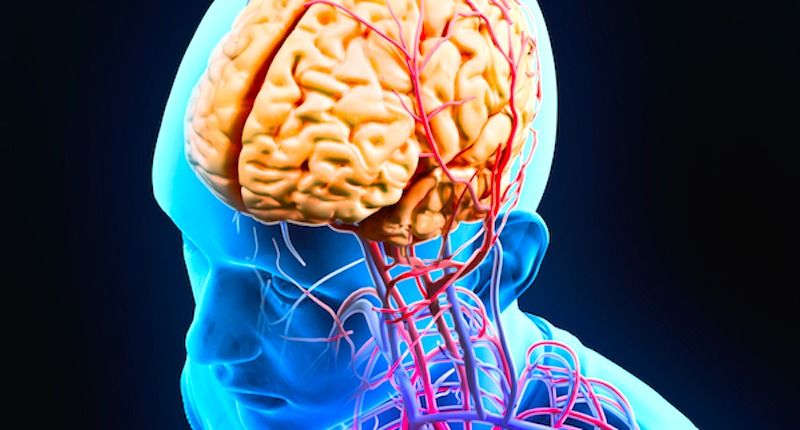
Not everyone wants to sleep in. A growing transhumanism community wants to sleep less, and better, and they’re going to great lengths to make it happen.
For those unaware, transhumanism is an intellectual and cultural movement that aims to improve the human condition, to push beyond our biological limitations, largely through technological advancements. They’re particularly focused on extreme longevity. But with treatments for an extended healthy life still works in progress (and playing out on a very long timeline), some transhumanists have turned their attention to sleep.
The average well-rested person sleeps eight hours a day. The average American lives 79 years. That’s a little more than just 50 years being awake. Life is much shorter than you realized — at least if you agree with your typical sleep-hacker that sleeping is wasted downtime.

Another excellent blog by Dr Michael fossel PhD, md. Alzheimer’s, Parkinson’s and other related diseases could be treated potentially using telomerase.
Date posted: 25.08.2015.
Most of us have wondered about what causes Alzheimer’s. As commonly happens, we stumble badly when we make assumptions, even in asking questions, let alone in trying to answer those questions. The question “what causes Alzheimer’s?” presupposes that there is a single such disease (Alzheimer’s) and that we can define it well enough to ask about “its” cause. Neither of these is probably an accurate assumption. The reality is that there is considerable difficulty in agreeing on the “hallmarks” (the pathognomonic characteristics that define AD) and the “boundaries” between AD and other somewhat similar diseases on the differential diagnosis. Comparing Alzheimer’s to many other age-related neurological diseases can be humbling – and it should be. Small wonder we have so much trouble understanding the cause, let alone finding a cure when we don’t really know what we’re looking at.